Hello there! We are now less than a month away from the premiere of one of the most anticipated shows in the Star Wars canon. Obi-Wan Kenobi begins 10 years after the dramatic events of Star Wars: Revenge of the Sith where our titular hero faced his greatest defeat: the downfall and corruption of his best friend and Jedi apprentice, Anakin Skywalker, turned evil Sith Lord Darth Vader. The series also marks the return of both Ewan McGregor and Hayden Christensen to the franchise after 17 years. In this Goggler exclusive, we speak to Obi-Wan Kenobi director Deborah Chow about her approach to crafting this six episode series, as well as how she convinced Hayden Christensen to once again don the mask after all these years.
Umapagan Ampikaipakan: Hey there Deborah. It’s an absolute pleasure to be able to speak to you today. I am always thrown whenever we, as actual grown ups, get to talk about things like Jedis, and Sith, and Order 66.
Deborah Chow: *laughs*
UA: Now I know we’re a month away from the premiere and there’s only so much you can say about the series before Kathleen Kennedy comes knocking at your door. And so my question is a philosophical one. We’re seeing the blurring of lines now between what is television and what is cinematic. Both The Mandalorian and The Book of Boba Fett felt so incredibly cinematic. And I was wondering if there was a philosophy behind what you do on TV and what you save for the big screen?
DC: I mean, it’s interesting. I think that line is definitely getting blurrier and blurrier. And for us in the start, having worked on The Mandalorian and then this, the thing that it has really allowed us to do it has been the technology and StageCraft. So we started that on The Mandalorian, and then I did use StageCraft on this series as well. And every year that the technology is out there, it gets more sophisticated and we’re able to do a lot of things that we weren’t able to do in the first season. So I think that technology, especially with Star Wars, has allowed us to be able to tell these stories, because you don’t want to do Star Wars badly on a low budget. So the technology has been paramount to being able to tell these stories.
But honestly, in terms of feature versus television, I for one was very excited to do a limited series with this because I feel like there’s more opportunity to do a character driven story, and you can do things and take more time with your characters in a way they can’t always with features. So I don’t really see such a distinction. I think it just depends on what kind of story you’re trying to tell.
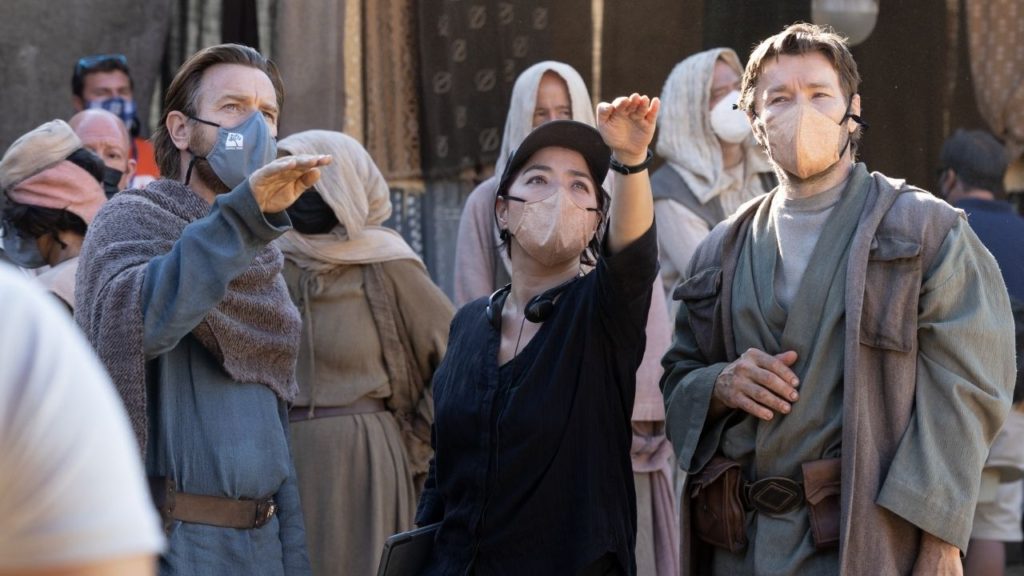
UA: I think Star Wars as a franchise can inspire a lot of love, and hope, and joy, but it can also inspire some meanness. And I think critics and fans have particularly mean about those prequels. Was it difficult getting these actors back? That critical response did target them and there must be some scars from the experience. Did you have a tough time convincing Ewan and Hayden to come back for Obi-Wan Kenobi?
DC: Ewan was on the project right from the get go. He was he was on it before even I was. So I definitely didn’t have to do any convincing there.
DC: I think with some of the other characters and the legacy of it, I think every one of them, all the different actors, have different relationships, you know, to the series. Also a lot of time has passed and they’ve gone on to live their lives. And so there’s a lot of things that happened for all of them.
I think the one that was the most meaningful for us was Hayden. We’re both Canadian. So I actually met met up with him just outside of Toronto. And I was very glad to actually get to talk to him in sort of a more one-on-one environment that was away from everything else. And it’s hard. It’s a huge franchise and everybody has a different relationship. So I think the biggest thing for me was trying to assure them all that I understood, and I respected the legacy of what did exist, and what they’d done. Also that we weren’t just going to try to rewrite it, but that we were really going to try to explore these characters at a different point in their lives, and a different point in the timeline.
This is not Anakin from Revenge of the Sith. This is not Vader from A New Hope. This is a ten year gap on either side. So the character is different at this moment. And I think in large part, for a lot of the actors, that was something they really responded to.
UA: So we have Canada to thank.
DC: Or blame.

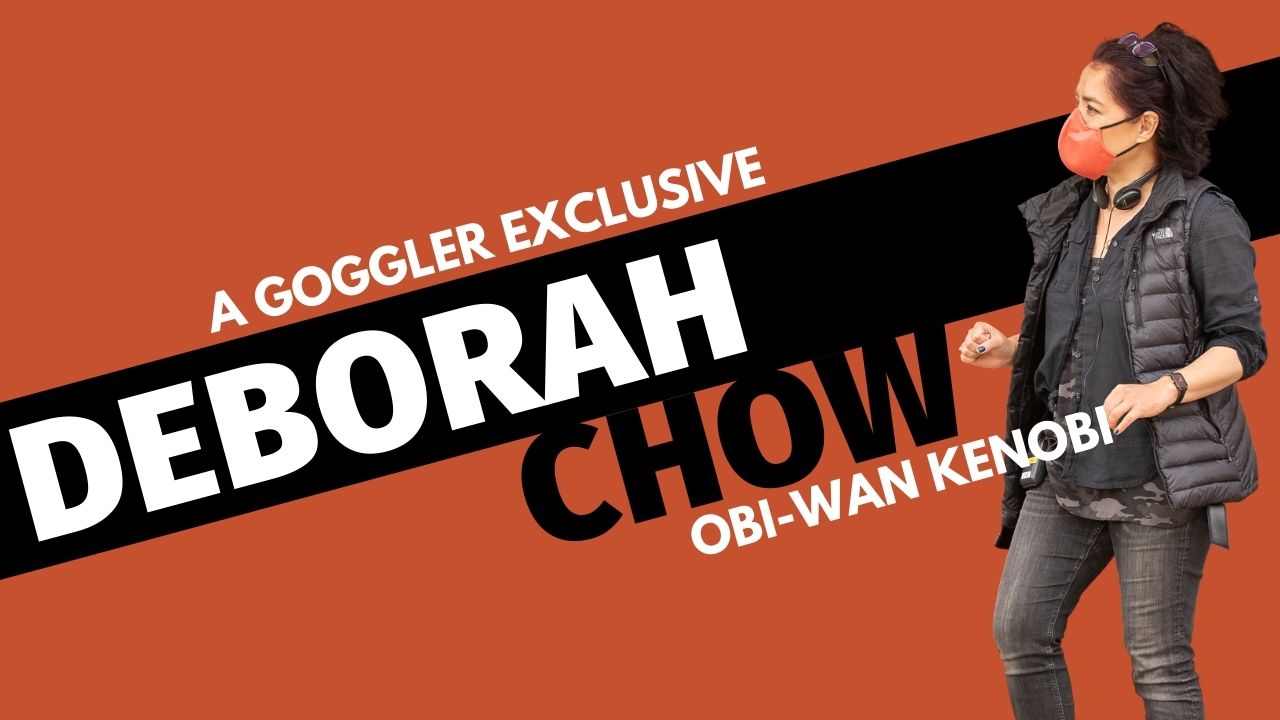
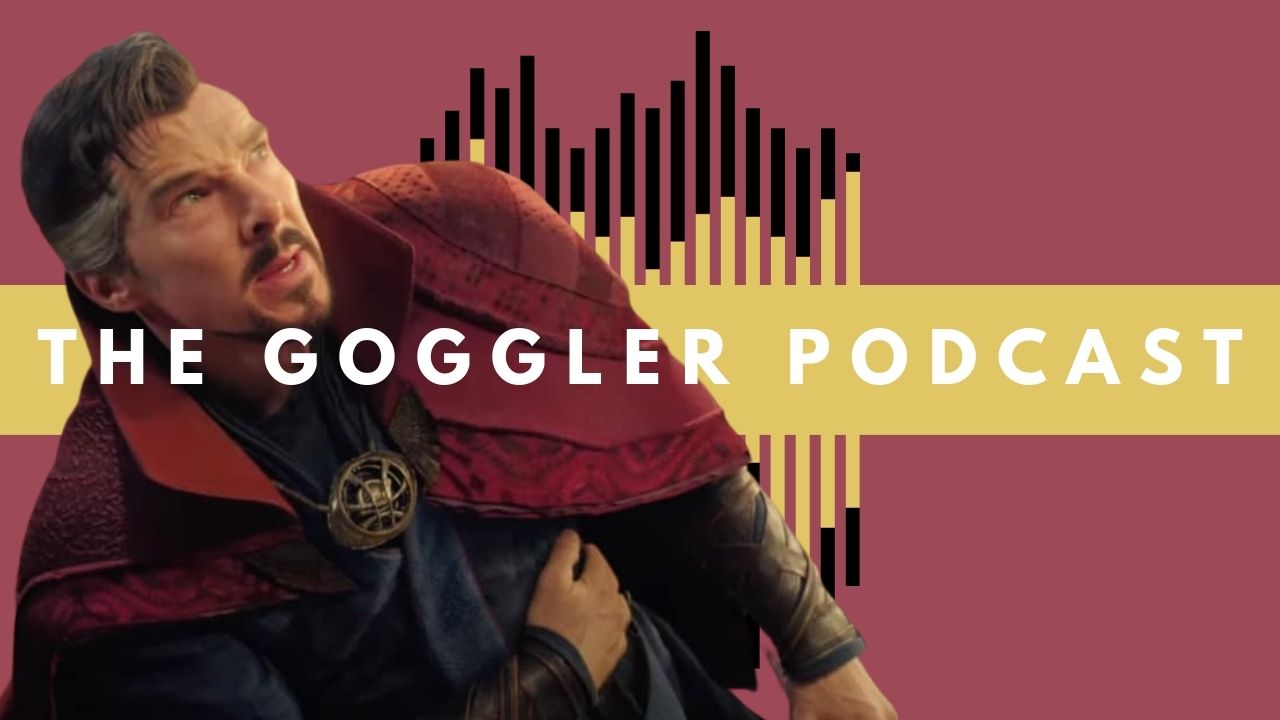
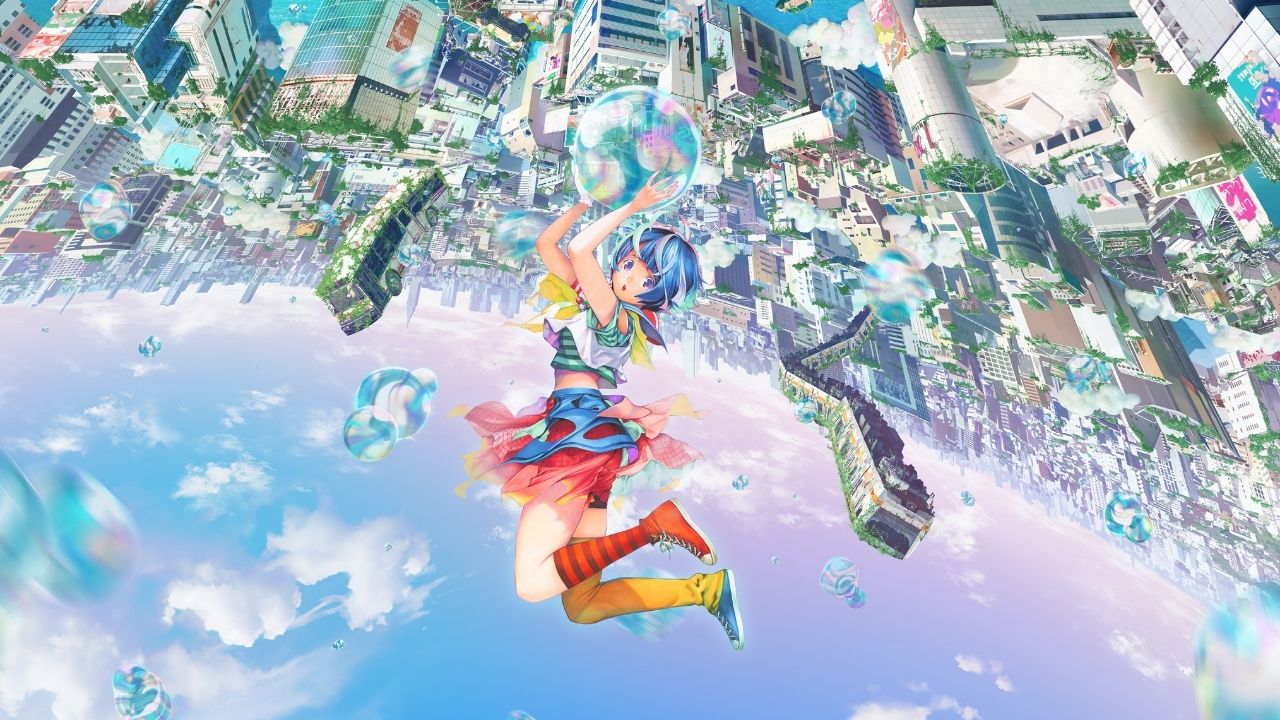
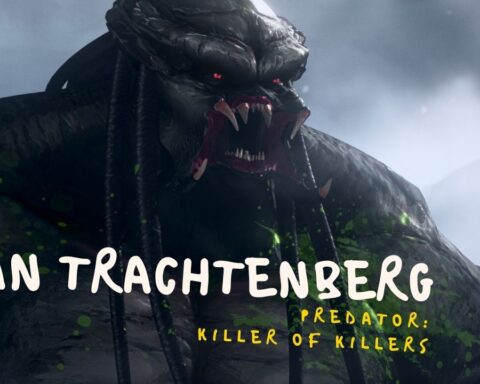
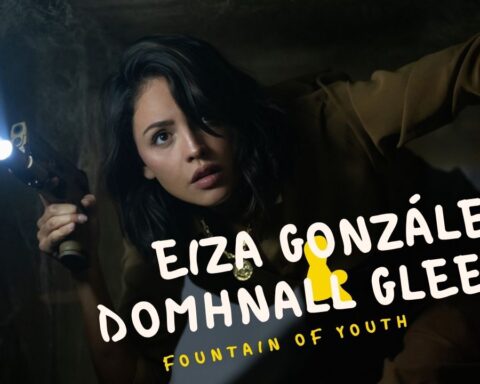
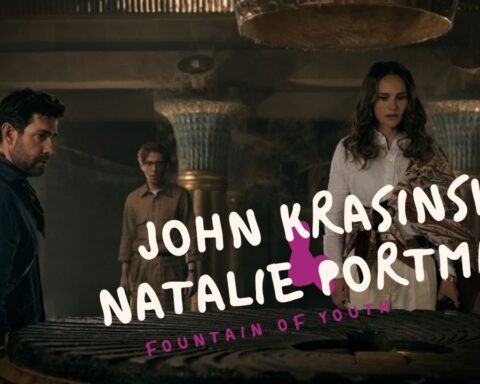
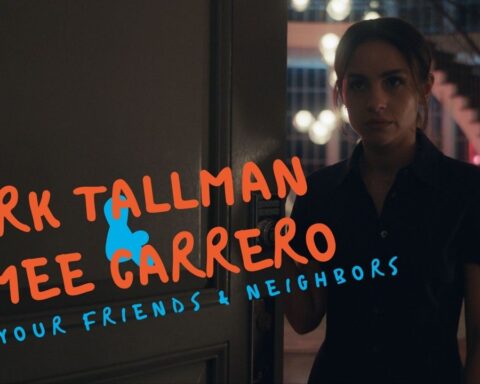
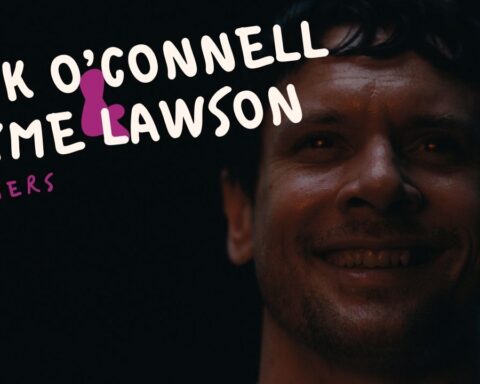
Follow Us